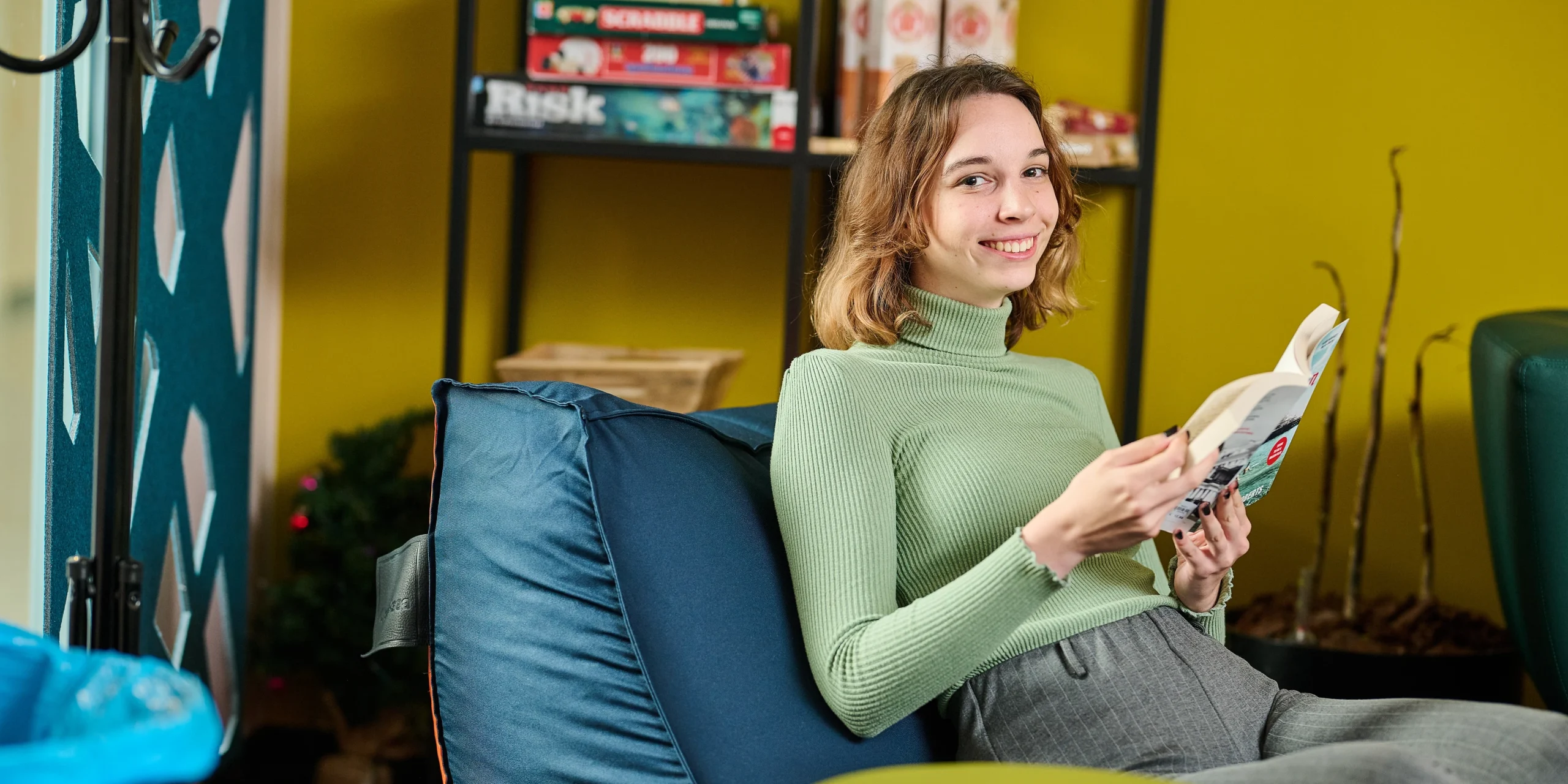 As a GRACE student you must have valid health insurance during your studies in Austria, the Netherlands, and Latvia. Medical care in all three countries is of high quality, but costs can be high without proper coverage.
As a GRACE student you must have valid health insurance during your studies in Austria, the Netherlands, and Latvia. Medical care in all three countries is of high quality, but costs can be high without proper coverage.
We highly recommend Aon Student Insurance, as it is designed for international students and works seamlessly across all three GRACE locations. It covers:
Medical treatments, both outpatient and hospital care
Emergency assistance and repatriation
Private liability coverage
Protection of personal belongings
24/7 multilingual support and easy online claims
You are free to choose another provider, but your insurance must meet the legal requirements of each country where you study.
Tip: The Aon package can be arranged directly through the International Office in Austria (St. Pölten), who will inform you about details, costs, and how to sign up. EU/EEA students should also bring a valid European Health Insurance Card (EHIC). In Austria, an additional student health insurance (ÖGK, approx. €70/month) is also available.
How the system works
Healthcare is organised differently in each country. Here are the basics you should know:
Austria – St. Pölten
- First visit a family doctor (Hausarzt) or specialist before going to hospital (unless emergency).
Doctors are either contracted (directly covered by insurance) or private (“Wahlarzt”), where you pay upfront and get partial reimbursement.
Local student insurance (ÖGK) provides an Austrian insurance card for easy access to doctors and hospitals.
Netherlands – Enschede
You must register with a family doctor (huisarts) in your neighbourhood. They are your first point of contact and decide if you need specialist or hospital care.
Pharmacies (“apotheek”) provide prescriptions and advice.
For emergencies, you can go directly to hospital, but normally only after referral from your huisarts.
Latvia – Valmiera
EU/EEA students should bring their European Health Insurance Card (EHIC), which covers emergency and essential care under the same conditions as locals.
Non-EU students must have private insurance; you pay the doctor or hospital directly and then claim reimbursement from your insurer.
The Valmiera hospital is close to campus and provides emergency and specialist care.

Emergencies
In all three countries you can dial 112 for immediate help (ambulance, police, or fire brigade).
Local emergency contacts:
Austria – 144 (ambulance), 133 (police), 122 (fire)
Netherlands – 112 (all services, standard line)
Latvia – 113 (medical), 110 (police), 112 (fire and general emergencies)
In St. Pölten, the Landesklinikum hospital is just minutes from campus.
In Enschede, the main hospital is Medisch Spectrum Twente.
In Valmiera, you can go to the Valmiera Hospital for urgent care.
Tip: Always carry your insurance card, ID, and emergency contact information. The local International Office can help you if you are unsure where to go.
Practical Tips
Carry your documents – always keep your insurance card, passport/ID, and emergency contacts with you.
Pharmacies – easily recognised by a green cross in Austria and Latvia, and the word Apotheek in the Netherlands. Pharmacists can advise on common medicines.
Appointments – in Austria and the Netherlands you usually need an appointment with a family doctor; in Latvia you can also go directly to clinics or hospitals, but you may need to pay first.
Language – most doctors and hospital staff speak English, but having a few basic words in German, Dutch, or Latvian can be helpful.
Ask for help – if you are uncertain, the International Office at each university can support you in finding a doctor, arranging an appointment, or handling paperwork.
Explore more support
Each GRACE partner university offers a wide range of student services beyond what’s listed here. Visit their websites to see the full details of academic, wellbeing, and community support:
